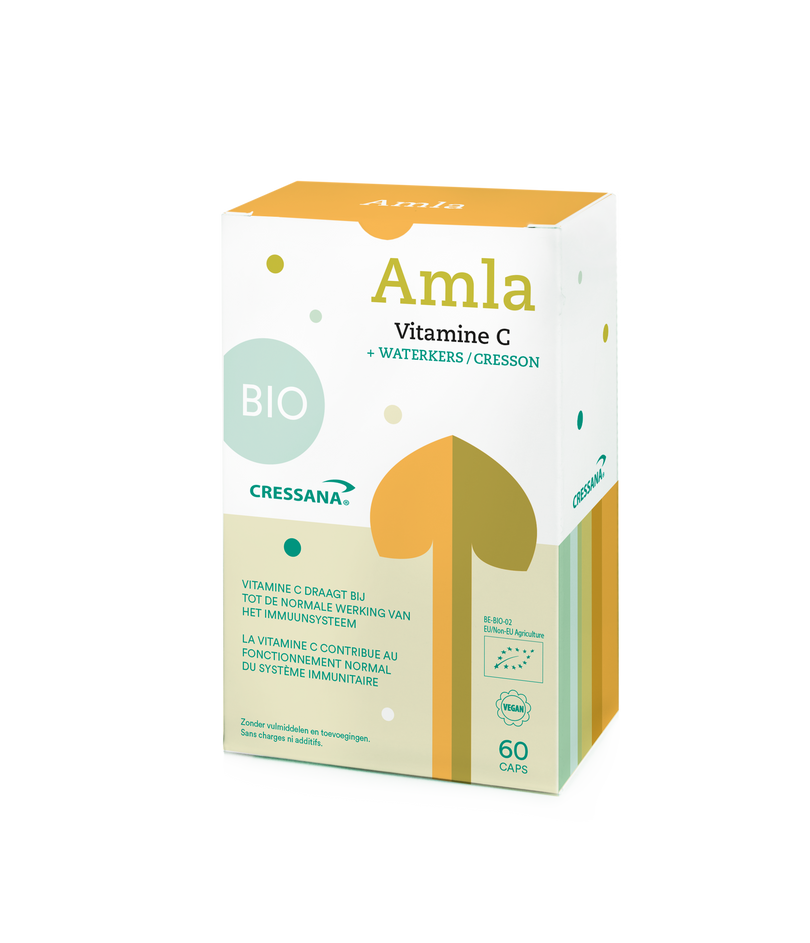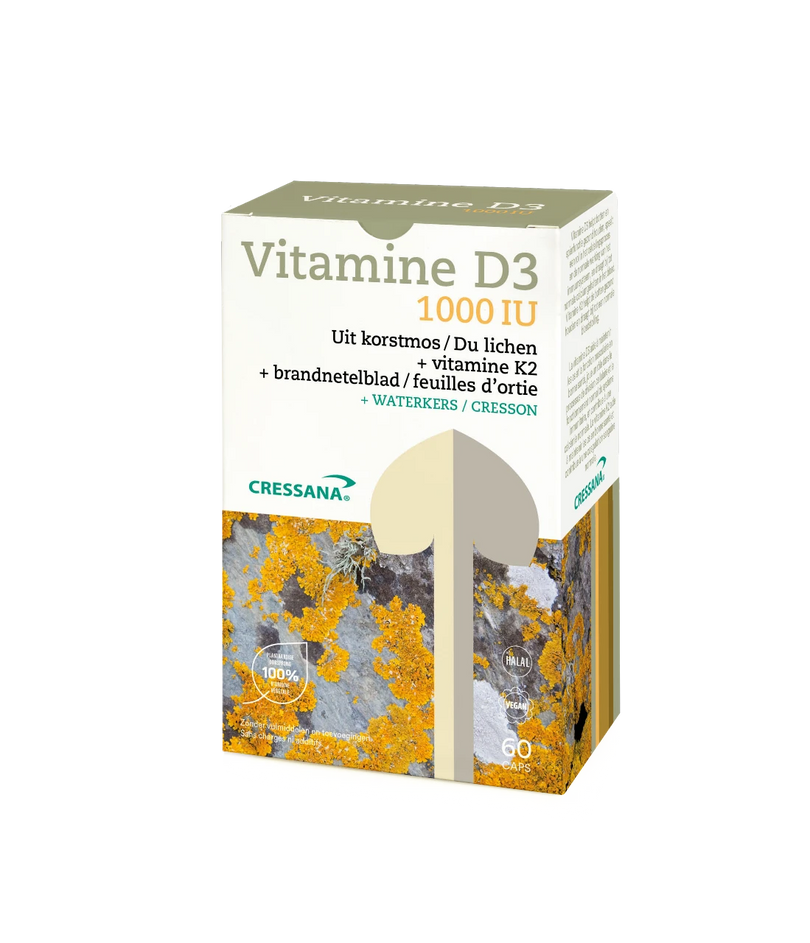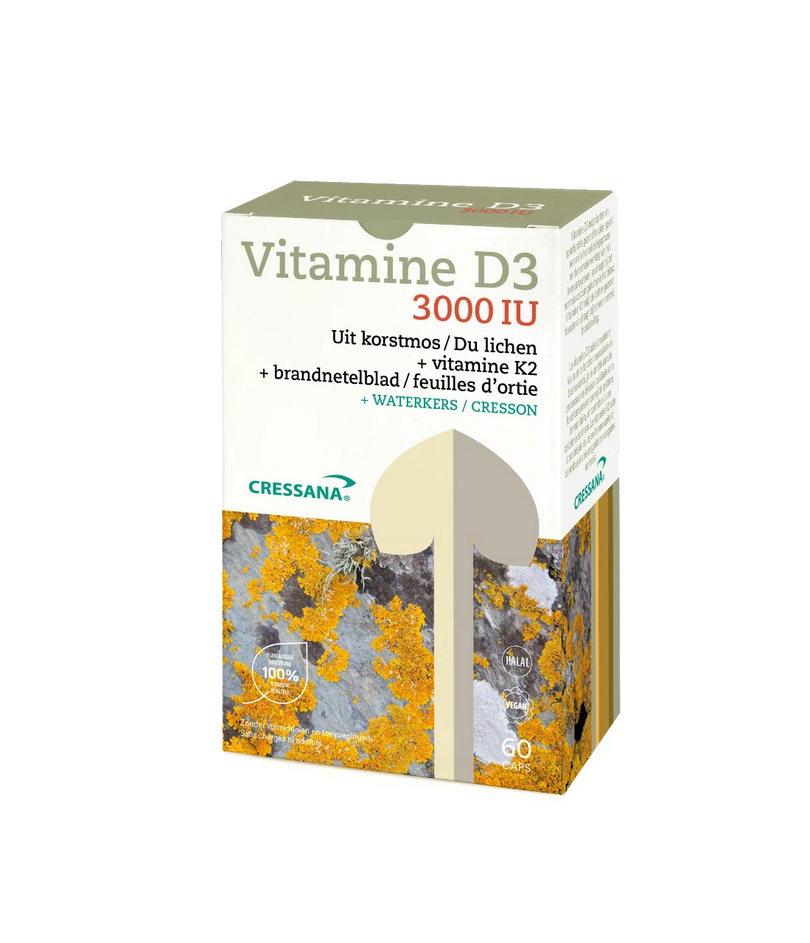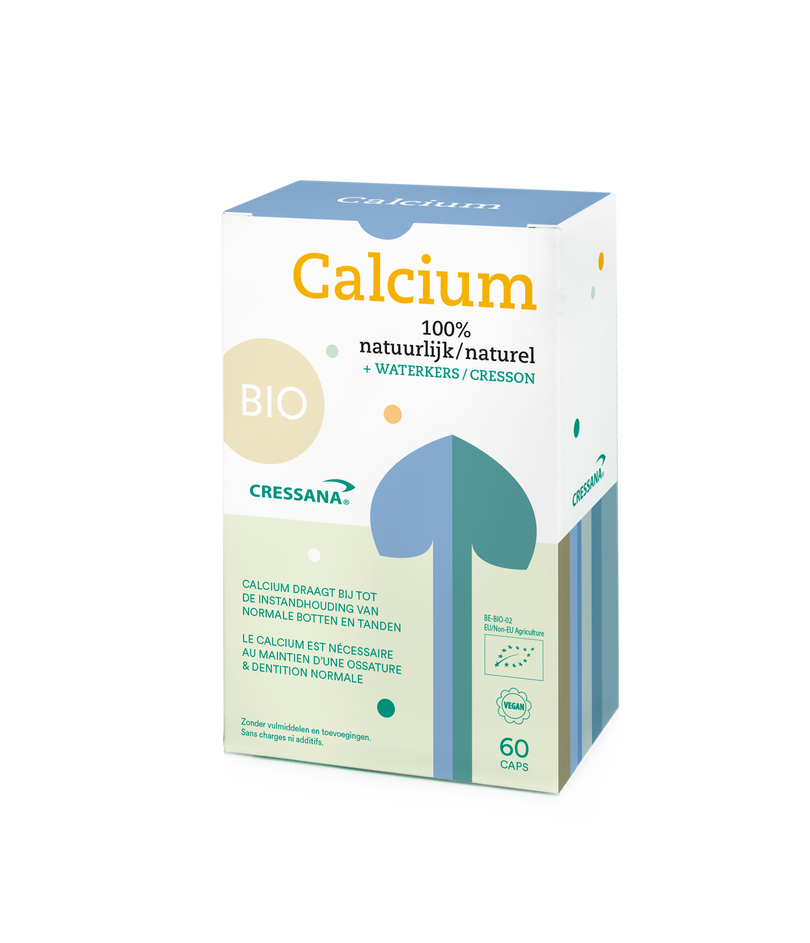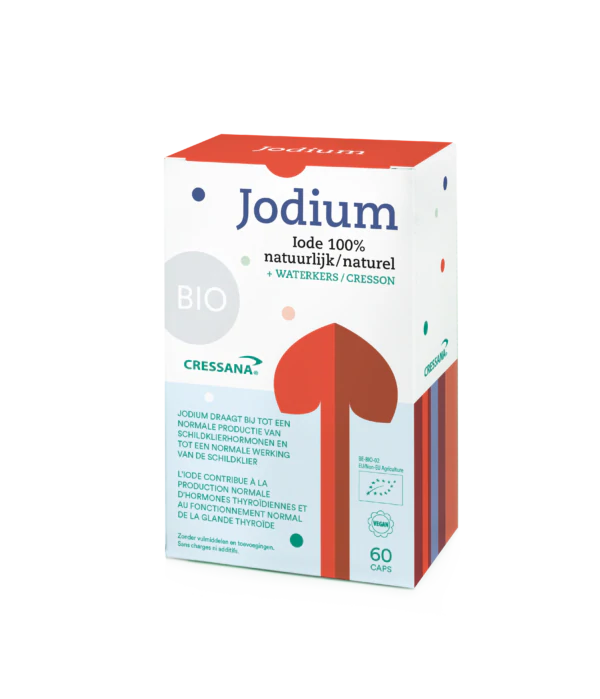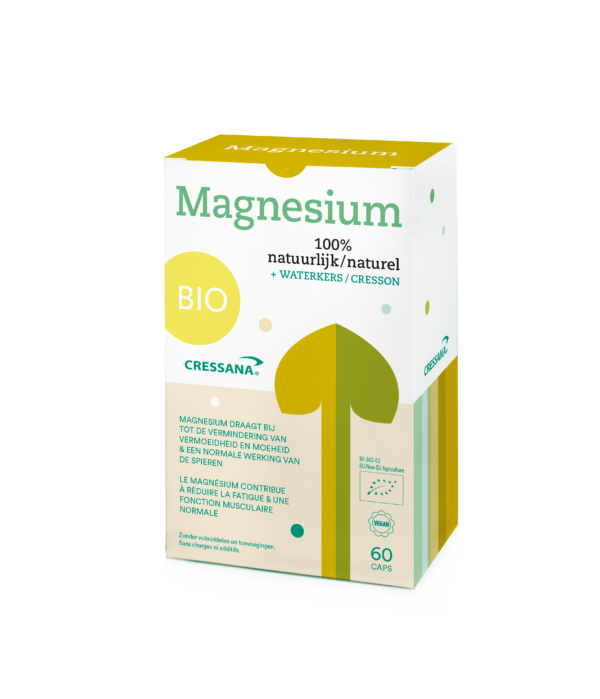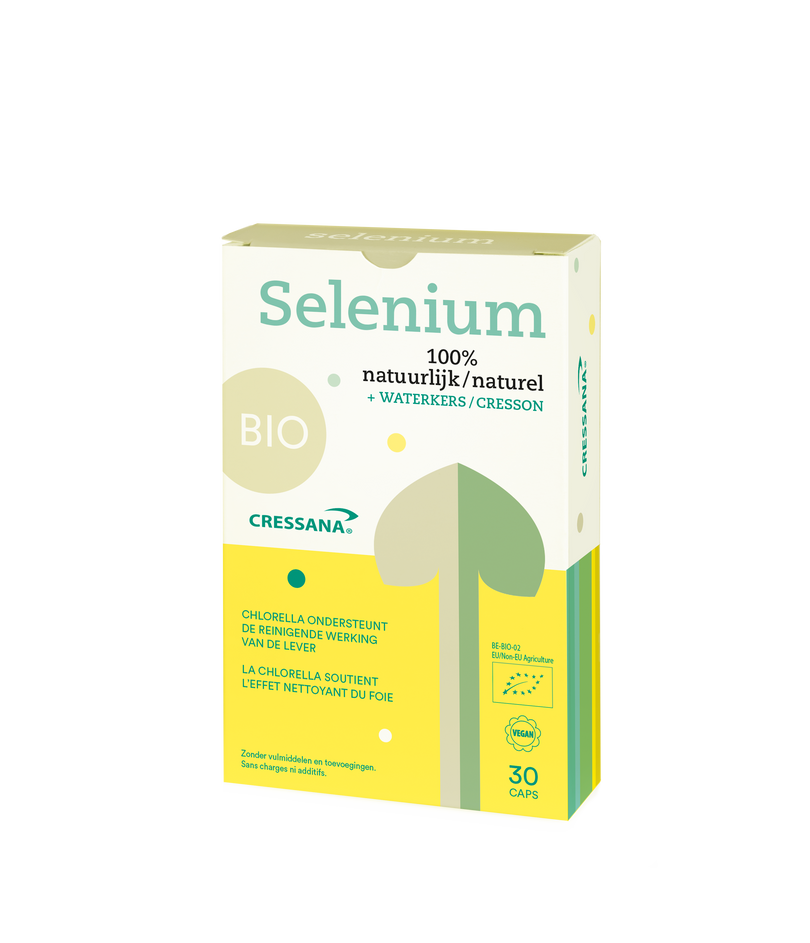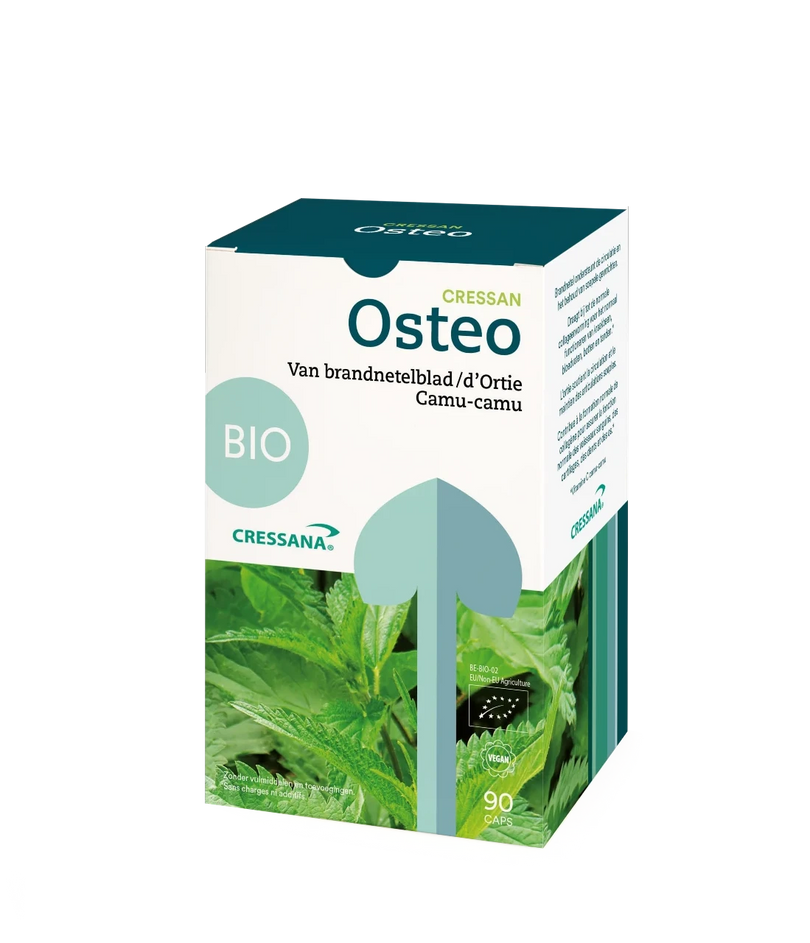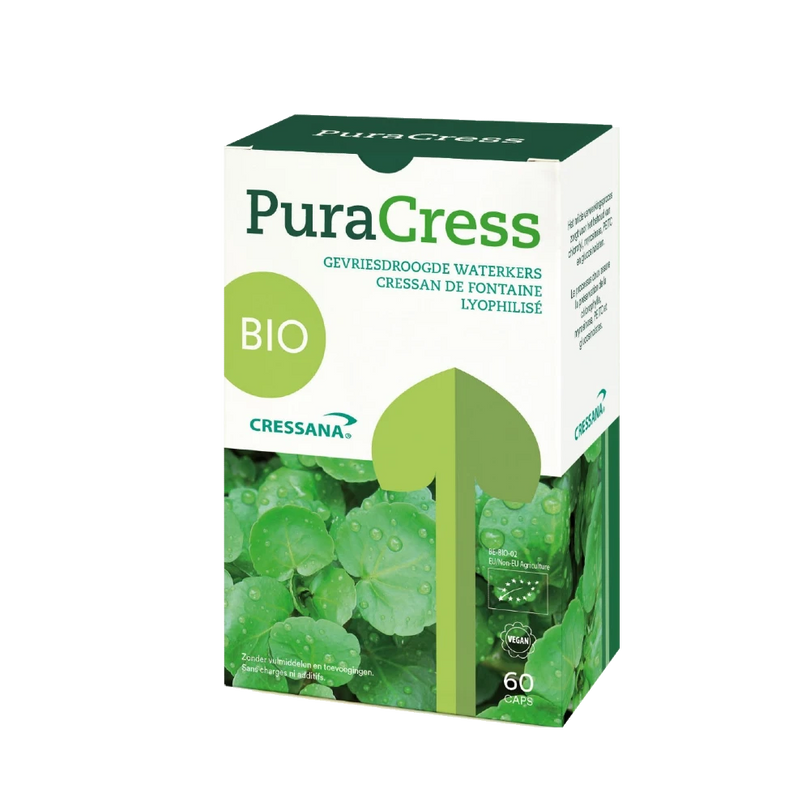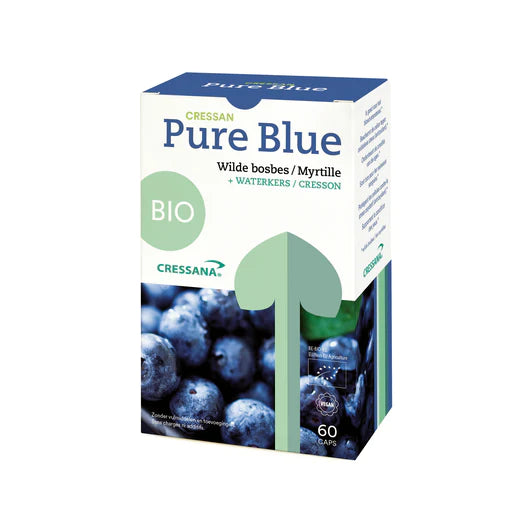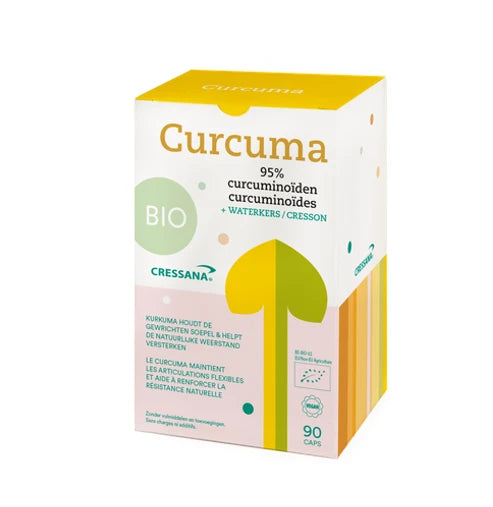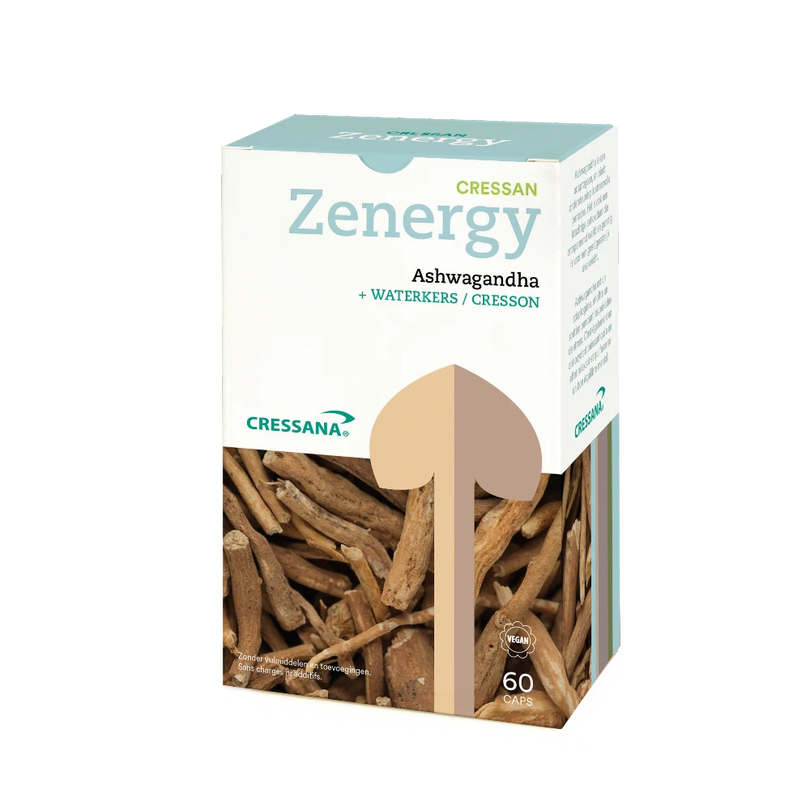Watercress is an unprecedentedly versatile plant, discover 11 practical applications of one of the most valuable plants that nature can give us.
1. High nutritional value
Watercress absorbs trace elements and minerals from the environment very well. Water, air and soil determine the nutritional value of watercress. That is why our watercress is grown organically on natural soil that is irrigated with pure spring water.
2. Energetic with watercress
Iodine is essential for the proper functioning of our metabolism, which makes us feel energetic. Watercress is a good source of iodine that helps supplement our needs without additional salt intake. For efficient oxygen transport, our body needs sufficient iron, folic acid and vitamin B6. Vitamin C promotes the absorption of iron. These nutrients are all in watercress. In addition, watercress has traditionally been used to keep the respiratory tract clear. Free breathing improves the supply of oxygen.
3. Supports natural internal cleansing
All kinds of harmful substances that we inhale or ingest with food are converted in the body into substances that are more easily removed from the body through the urine. The tart-tasting components of watercress support this natural internal cleansing. Let us take the example of harmful tobacco smoke: when consuming watercress, more harmful breakdown products from nicotine are found in the urine of smokers than when they do not consume watercress. This means that the harmful substances from tobacco smoke are removed from the body more quickly under the influence of watercress.
4. The appearance: mirror of health
The natural internal cleaning contributes to a radiant appearance. Not only minerals, but also carotenoids and vitamin C contribute to this. Calcium, magnesium, manganese and Vitamin K are essential for building bones.
5. Healthy digestion
Watercress helps digest dietary fats more easily. Healthy digestion has a beneficial effect on our natural defenses.
6. Protection against free radicals
It is normal for free radicals to form in the body. But because they can cause damage to cells, the body deploys an army of antioxidants to quickly neutralize these free radicals. However, there are a number of factors that cause significantly more radicals to be produced than the body can process: stress, little sleep, poor dietary habits, air pollution, ... The result? Faster aging and less healthy cells. The vitamins from watercress come to the rescue. Beta-carotene, vitamins C and E protect our cells against free radicals.
7. The eye also wants something...
Lutein and zeaxanthin are natural pigments with protective properties. They are important antioxidants that protect against free radicals. Lutein and zeaxanthin contribute to good eye health. Vitamin A and Zn are important for good night vision.
8. Good circulation
The essential omega-3 fatty acid (alpha-linolenic acid) from watercress supports circulation. In addition, watercress provides the body with extra iron, a must for efficient oxygen transport.
9. A tickle in the throat?
Hippocrates, a scholar from ancient Greece, already recognized the soothing influence of watercress on the throat and respiratory tract in case of external cold. Watercress lets you breathe a sigh of relief.
10. When pollen is in the air
Watercress gives pollen less chance. After all, watercress contains promising components that specifically support the immune system.
Watercress contains Vit B6, necessary for the production of immune cells and thus helps the natural defenses. The numerous studies that demonstrate the protective effect of vegetables in keeping cells and tissues healthy are well known. The national food consumption survey shows that only 31.3% of men and 43% of women eat vegetables every day. As a result, they lack the necessary protection. Anyone who eats a lot of vegetables optimizes his/her health. It is one of the best-researched links between dietary habits and health (source National Nutrition and Health Plan; 2006).
Vegetables from the cabbage family (watercress, broccoli) in particular attract the attention of researchers.
This content is subject to the terms of use .

